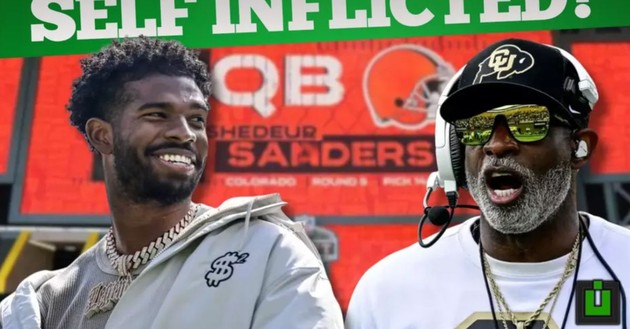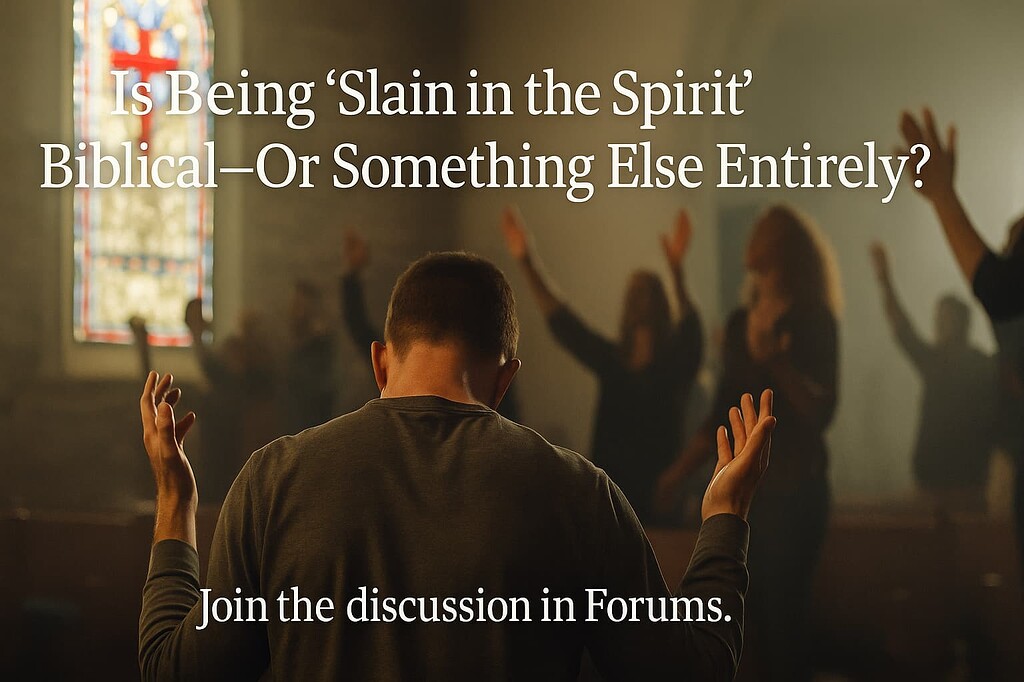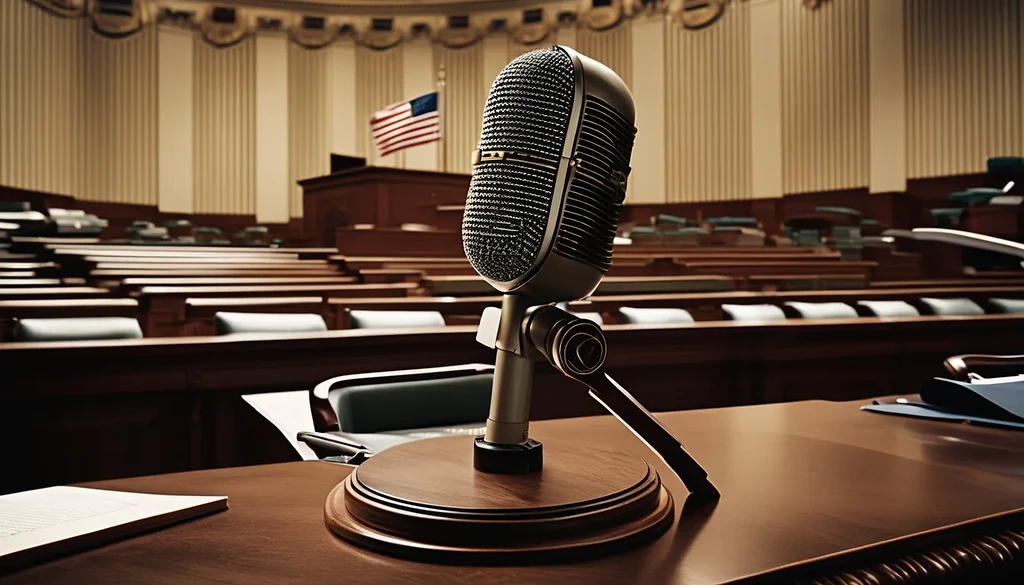Featured

A Prayer of Surrender - Your Daily Prayer - May 2
We must be still. We must surrender the entire difficult situation and its unknown outcome and every detail of it to the Lord, the one who fights for you.
Continue Reading...

Today's Bible Reading
Day 122: Acts 15:1-21; Joshua 23-24; Job 32
Verse of the Day
Daniel 3:17-18
If we are thrown into the blazing furnace, the God we serve is able to deliver us from it, and he will deliver us from Your Majesty’s hand.
Read Daniel 3Most Popular

7 Daily Wellness Practices Rooted in Scripture
Slideshows
The Power of Names - Your Nightly Prayer
Your Nightly Prayer
7 Reminders That You’re Never Too Old to Make an Eternal Impact
Slideshows
Our Faithful Provider - The Crosswalk Devotional - May 1
The Crosswalk DevotionalPlus
Video
Loading...
For Plus Subscribers
Today's Inspiring Video

Video
How Shedeur Sanders' Perception Caused Him to Slide - NFL Draft Recap 2025 | UNPACKIN' it Podcast

























